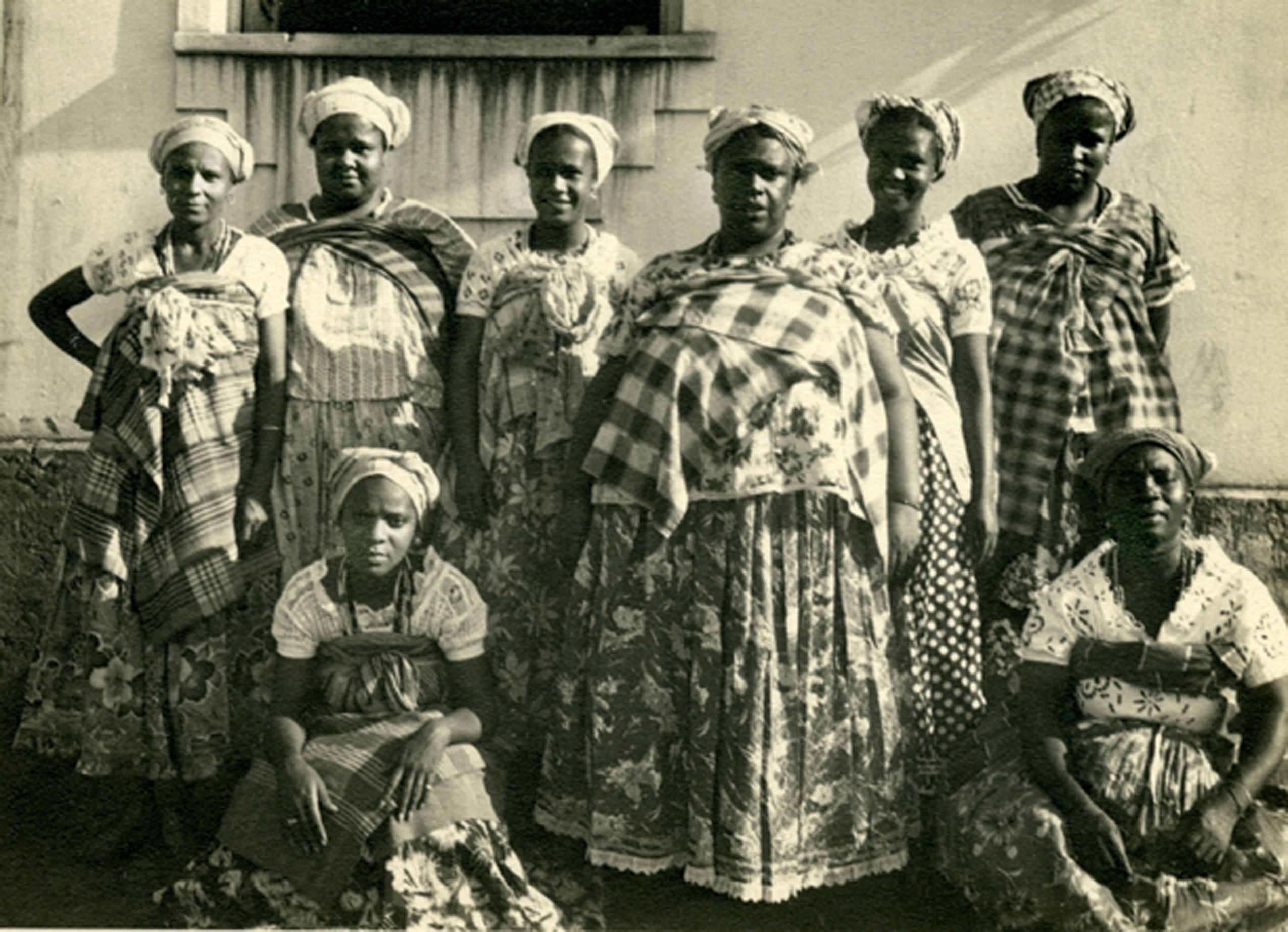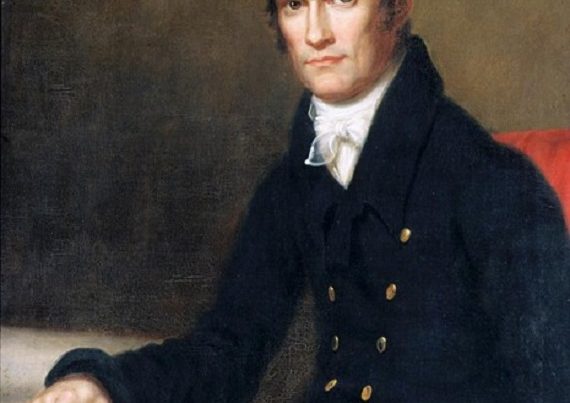In the Low Country of South Carolina and the coastal regions of Georgia, the Gullah people are everywhere because they never left. Although there were significant numbers of Gullah who migrated out of the South at the turn of the 20th Century, the multitudes who stayed replaced them quickly and remained isolated. Their customs, dress, arts, language, and music still remain, and they will probably never stop laughing at “kumbaya.”
Historically, the Gullah people are descendants of Creole-related African slaves that occupied the entire Atlantic coast from about Wilmington, North Carolina down to Jacksonville, Florida. Although traditional migration diluted their culture in most places, they remained numerous and isolated in the South Carolina Low Country and Georgia coast, and retained an astonishing amount of cultural authenticity there. Many words from various Central and West African languages remain a part of Gullah dialect. Their accent is uniquely iconic, and unfortunately for Yankees, impossible to understand. While Southerners are used to the African-flavored drawl so common to the Gullah, Yankees struggle with it.
Of course, the Gullah are modernized in the 21st century, but a combination of their geographic isolation and their powerful sense of heritage and community togetherness preserved their way of life in many respects. The Gullah still talk the same way, still make baskets and quilts the same way, and still perform the same songs and dances as their ancestors.
One of their enduring musical traditions that was retained incredibly intact from African heritage was the Ring Shout which was a call-and-response type of song-chant. In this video sample, you get the idea pretty quickly.
By the way, how is this any different from a simple reproduction of an authentic African chant? What makes this American instead of African? It’s the Blues. The melody and harmony are performed with notes that aren’t found in African chants, but are loaded throughout the Blues. Southern music is like a big, giant chemistry set that you got for Christmas as a little kid. I wonder what happens if we mix African music with Creole, the Blues, and Native American music? This. You get this.
Since the music featured a mesmerizing chanting aspect, many outside the Gullah community thought it sounded suspiciously like incantations, and the Gullah became associated with voodoo and witchcraft. The Gullah people and the Gullah communities were avoided and shunned by anyone who didn’t understand them, and the Gullah themselves humorously approved of anything that helped them maintain their isolation. If it caused folks to leave them alone, the Gullah were on board with it, and they comically enjoyed playing up the “black magic” aspect of their isolation. They embraced the fear and mistrust because it helped them to be left alone, which may be the most noble of all Southern aspirations – just leave me alone.
Another of their favorite songs was a sacred chant called Come By Here, and featured the lyrics “Come by here, my Lordy, come by here.” In this video sample, see if you can recognize another song hiding in there.
Yes, that’s the song we were all taught to sing around the campfire known as Kumbaya. However, they’re not saying “kumbaya,” but rather “come by here” with a thick Gullah accent. If it could be spelled, it might look more like “come by hyea.” As a Southerner, that makes total sense to me, and their accent is not a barricade to my understanding. I hear it every day, and I get it. However, in an utter refusal to learn Southern dialects and accents, Yankees couldn’t understand “come by here” and somehow heard the nonsense word “kumbaya” instead. Of course, there is no such word as “kumbaya,” and is totally fabricated, but it was the best the Yankees could come up with, so it stuck. They are the experts, after all.
Preserved on a wax cylinder stored in the Library of Congress, Come By Here was first recorded by Robert Winslow Gordon in Georgia in 1926 as an authentic and original chant performed by a local Gullah named Henry Wylie, but a Yankee evangelist preacher named Marvin V. Frey stole it and claimed he wrote it back in 1936. Since Frey couldn’t understand what the Gullah were saying, he named it Kum Bah Yah. When pressed, he often claimed that “kumbaya” was an African word he’d learned in his travels that meant “community harmony and togetherness.” What a load of Yankee hogwash. Which African language, specifically? Swahili? Bantu? Niger-Congo? The Gullah never did and never have sung the word “kumbaya,” because that word does not exist. They have always sang, “come by here” with a Gullah accent. I don’t say “caint.” I say “can’t” with a Southern accent. Same thing.
In 1939, Marvin V. Frey copyrighted, published, and profited from the song he’d stolen from the Gullah. Folk singers in the 1950’s and 1960’s like Joan Baez, Odetta Holmes, and Pete Seeger performed and recorded it regularly and pushed the lie of “kumbaya” being an “African word.” But wait a minute, isn’t it true that many tribes in Central and West Africa know the song Kumbaya and sing it regularly today? Doesn’t that prove the word originally came from Africa? No, it only proves that missionaries took the song to Africa FROM the South. Culture doesn’t flow in only one direction.
And what about that recording of Come By Here in the Library of Congress dated 1926 that is the same words and same melody as the song Frey claimed to have composed in 1936? Since he would have been only 8 years old and in Oregon in 1926, it sure seems a bit suspicious, doesn’t it? Members of his surviving family insist it’s just a big coincidence, and that Frey took the lyrics from a sermon delivered by his father and created the melody from inspirations of the African American spirituals floating around Oregon at the time. Oh, didn’t you know? Sherwood, Oregon, which has an African American population today of less than 1/10 of one percent, was apparently a hotbed of thriving spirituals in the 1930’s.
Frey died in 1992 in New York, and in perhaps the juiciest example of poetic justice of all time, the nonsense word he fabricated has now become synonymous with the weak and the meek. Nobody says “kumbaya” as a compliment anymore. Now, the word drips with mocking sarcasm, and the Gullah have never stopped laughing.







Thank you Mr. Daniel. This is an excellent, informative, logically written column. War Eagle! ‘Bama is my home state and Auburn my father’s alma mater. “Kumbaya”, good buddy. “Peace, Power to the People, and never trust anyone over thirty”/SARC
The ‘lie” is to the Yankee as spinach is to Popeye. It is his strength!
So much to learn about the Culture and People of the South, very special. Thanks!!!
Very interesting! Thank you for enlightening me this Tuesday morning
Excellent article. More hard evidence of the great convergence of cultures throughout the South and throughout history. And these regions, now a destination for me personally, coming from Slave Holding families from Virginia.
Gosh darn it these Yankees. Where would they be without us. Today, we escaped tyranny once more, but it does not happen without the South, once again!
I hope they never stop laughing
I watched a program on the Gallah people soley populating islands off the Carolinas. I understood every sentence. Then, visiting Key West in the late ’80’s, I walked across the island and encountered a black neighborhood with two oldsters, neighbors–a man and a woman talking near the sidewalk. Indiciperable. I asked if they were speaking Gallah and they were, then asked if I might stay and listen since I would never hear this again. I also asked if the younger people spoke it and they said, very few.
“Yes, that’s the song we were all taught to sing around the campfire known as Kumbaya. However, they’re not saying “kumbaya,” but rather “come by here” with a thick Gullah accent.
Come By Here was first recorded by Robert Winslow Gordon in Georgia in 1926 as an authentic and original chant performed by a local Gullah named Henry Wylie, but a Yankee evangelist preacher named Marvin V. Frey stole it and claimed he wrote it back in 1936.
In 1939, Marvin V. Frey copyrighted, published, and profited from the song he’d stolen from the Gullah.”
Fantastic story- cant blame the Yankees for borrowing the music, but can blame these crooks for stealing it for a profit.